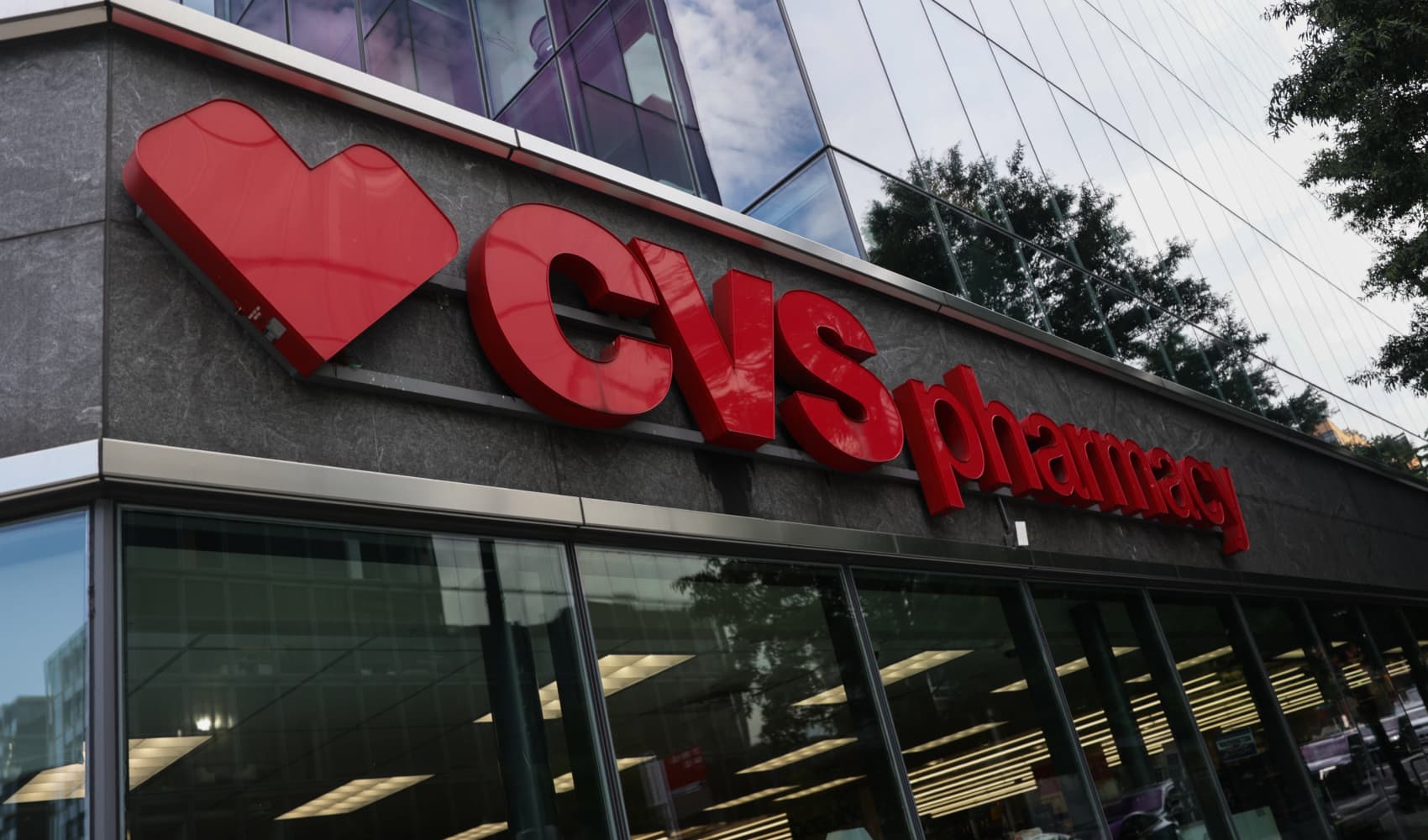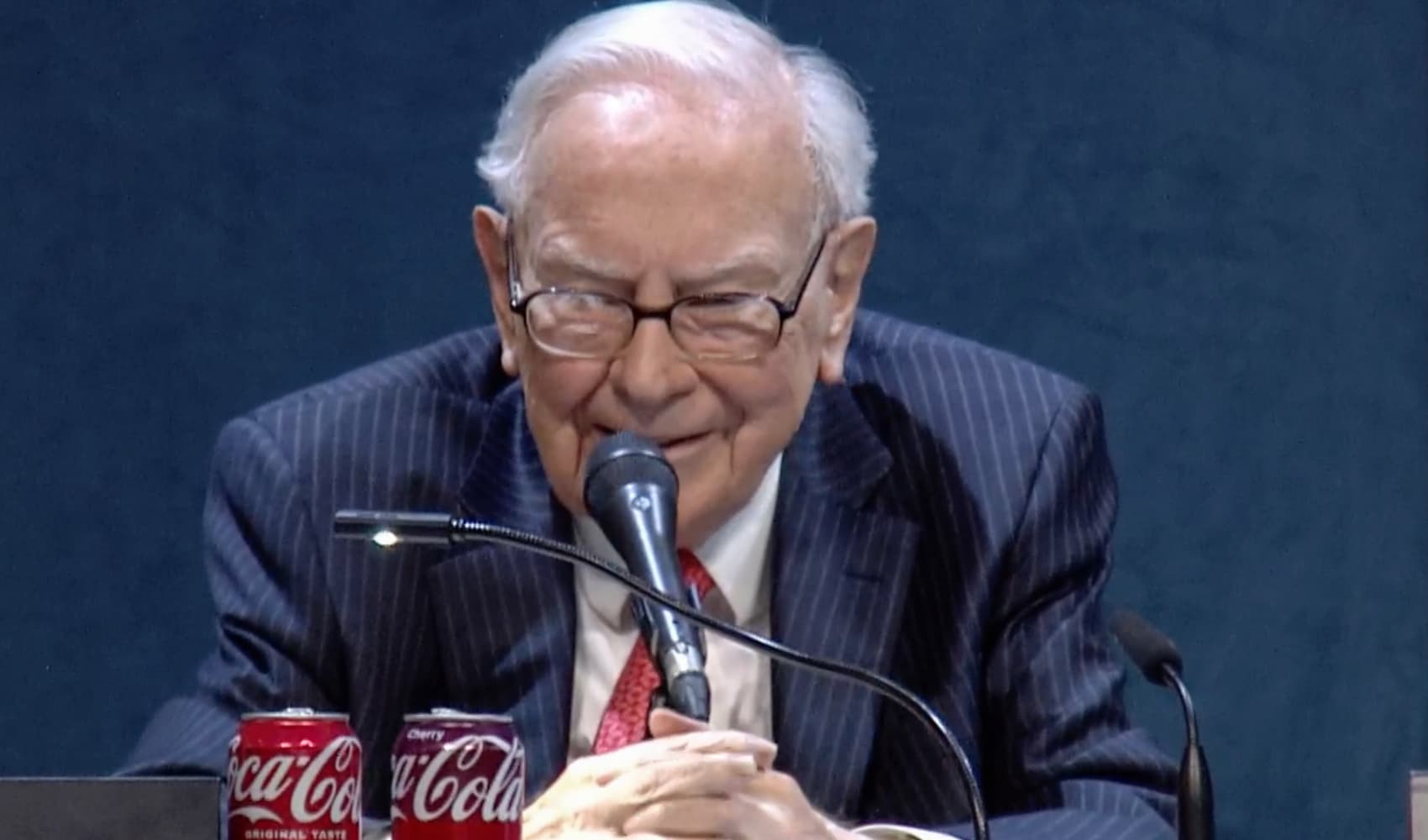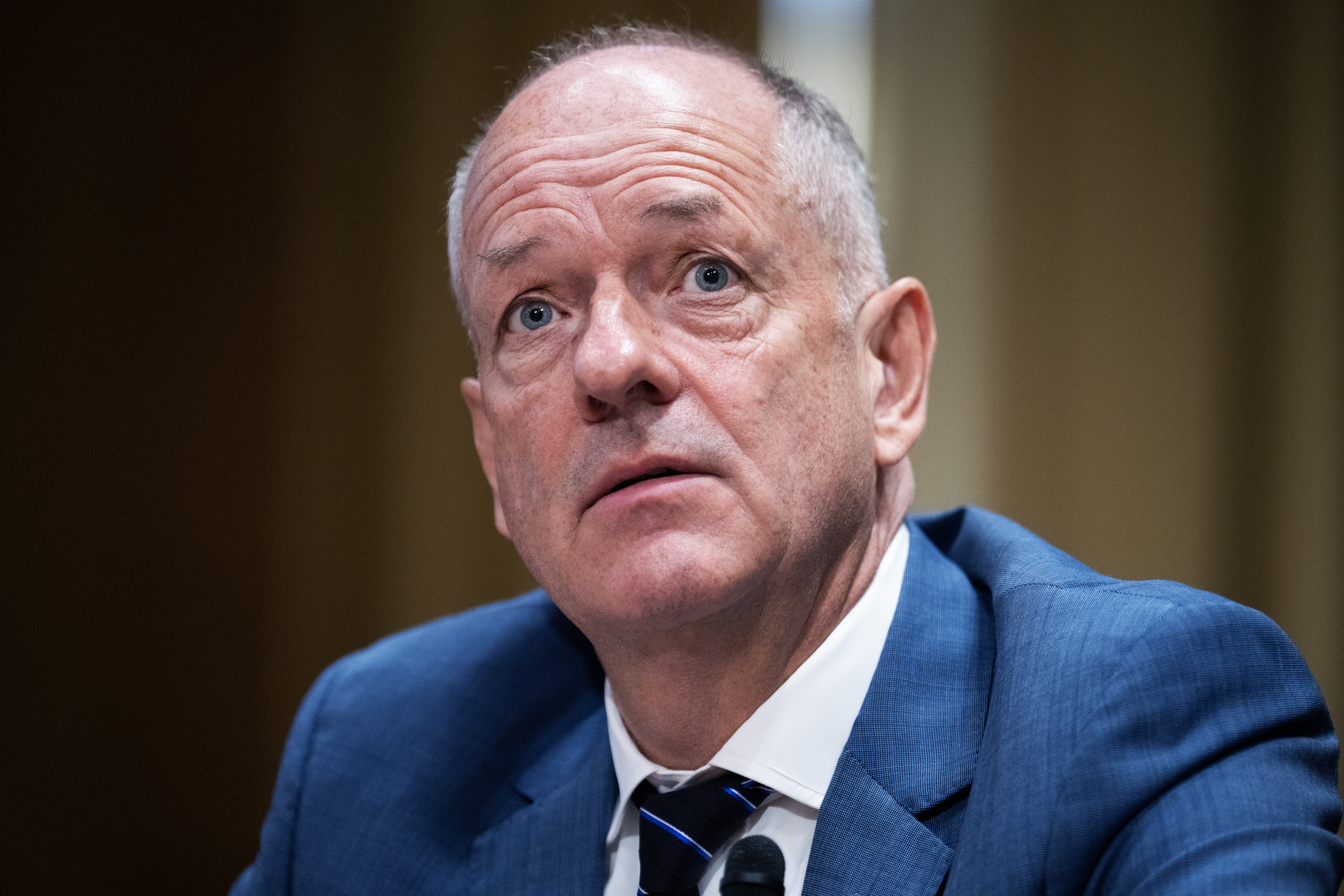CVS SHOCK! Earnings Beat & Raised Guidance Explained
CVS Soars! Earnings Beat, Guidance Hiked – Is the Insurance Fix In?
Introduction: A Sigh of Relief for CVS Investors?
CVS Health, a household name we all recognize, just dropped some news that has investors breathing a collective sigh of relief. First-quarter earnings and revenue surpassed expectations, and the company has even raised its full-year guidance. But the real story? The beleaguered insurance business, a consistent thorn in CVS's side, is finally showing signs of improvement. Is this a true turnaround, or just a temporary reprieve? Let's dive in and unpack the details, shall we?
First Quarter Triumphs: Beating Expectations
CVS didn't just meet expectations; they blew past them! This positive performance in the first quarter is a welcome change for a company that's been navigating some turbulent waters lately. What exactly drove this surprising success?
Strong Revenue Growth: A Healthy Start
While the specific revenue figures are important, the overarching takeaway is that CVS managed to generate significant revenue growth. This indicates a strong demand for their products and services across their various business segments. A healthy start to the year is always a good sign!
Profitability Boost: More Than Just Revenue
It's not just about how much money you bring in; it's about how much you keep. CVS demonstrated improved profitability, meaning they were able to manage their costs effectively while still generating revenue. Think of it like baking a cake – you need the right ingredients (revenue), but you also need to bake it properly (manage costs) to get a delicious result (profitability).
Insurance Business: A Glimmer of Hope?
The insurance business has been a persistent source of concern for CVS. Rising medical costs and other challenges have put pressure on this segment. But the first quarter results suggest that things might be turning a corner. But how? Is the tide really turning or is it just a calm before another storm?
Improved Cost Management: Taming the Beast
One of the key factors contributing to the improvement is better cost management within the insurance business. CVS seems to be getting a better handle on controlling medical costs and other expenses. This is crucial for ensuring the long-term profitability of this segment. Like a gardener weeding out the unwanted plants, CVS is cutting unnecessary costs to allow its business to thrive.
Strategic Adjustments: Course Correction in Action
It's likely that CVS has implemented some strategic adjustments to address the challenges in the insurance business. This could include renegotiating contracts with healthcare providers, implementing more efficient processes, or focusing on higher-margin products and services. No business can stay ahead without adjusting course.
Guidance Hike: A Confident Outlook?
Based on the strong first-quarter performance, CVS has raised its full-year adjusted earnings guidance. This is a significant vote of confidence in the company's future prospects. Is this confidence well-placed, or is CVS getting ahead of themselves?
New Earnings Target: $6 to $6.20 Per Share
The company now expects full-year adjusted earnings of $6 to $6.20 per share, up from a previous guidance of $5.75 to $6 per share. That's a significant increase, indicating that CVS believes it can sustain its strong performance throughout the year. It’s like putting a little extra fuel in the tank for a long road trip.
Underlying Assumptions: What's Driving the Optimism?
It's important to understand the underlying assumptions that are driving this optimistic outlook. What factors does CVS believe will contribute to its continued success? This could include continued improvements in the insurance business, strong performance in other segments, or a favorable macroeconomic environment.
Cautious Optimism: Proceeding with Care
Despite the positive results and the guidance hike, CVS is maintaining a cautious view for the remainder of the year. This is a prudent approach, given the uncertainties in the current economic environment.
Macroeconomic Headwinds: Storm Clouds on the Horizon?
CVS acknowledges the potential for macroeconomic headwinds, such as inflation, rising interest rates, and a potential recession, to impact its business. These factors could put pressure on consumer spending and healthcare costs. It's like a sailor keeping an eye on the weather, always prepared for unexpected storms.
Continued Higher Medical Costs: A Persistent Challenge
The company is also wary of continued higher medical costs, which could strain the insurance business. Managing these costs effectively will be crucial for maintaining profitability. High medical costs are like a persistent leak in a boat; you need to keep patching it to stay afloat.
Stock Market Reaction: Investors Rejoice
The positive news from CVS sent the company's stock soaring. Investors are clearly encouraged by the improved performance and the raised guidance.
4% Share Price Increase: A Vote of Confidence
Shares of CVS closed 4% higher on Thursday. This is a significant gain, reflecting the market's positive reaction to the company's results. It's like a thumbs-up from Wall Street, signaling approval of CVS's performance.
Beyond the Numbers: What Does This Mean for the Future?
While the financial results are important, it's also crucial to consider the broader implications of CVS's performance. What does this mean for the company's long-term strategy and its position in the healthcare landscape?
Continued Expansion: A Healthcare Giant Evolving
CVS has been actively expanding its healthcare services, including its MinuteClinic and HealthHUB locations. This suggests that the company is positioning itself as a comprehensive healthcare provider, offering a wide range of services to meet the needs of its customers. They're building a healthcare ecosystem, aiming to provide everything from routine checkups to specialized care.
Focus on Innovation: Adapting to a Changing Landscape
The healthcare industry is constantly evolving, and CVS needs to stay ahead of the curve. This means investing in innovation, such as telehealth, digital health solutions, and personalized medicine. To keep winning, the company needs to keep innovating and adapting to new technologies.
Conclusion: A Promising Quarter, but Caution Remains
CVS Health's first-quarter results were undeniably positive, with earnings and revenue topping estimates and guidance being raised. The improved performance of the insurance business is a particularly welcome sign. However, the company is wisely maintaining a cautious outlook, given the potential for macroeconomic headwinds and continued higher medical costs. While this quarter was a victory, the healthcare landscape is ever-changing, and CVS must continue to adapt and innovate to remain successful.
Frequently Asked Questions (FAQs)
Here are some frequently asked questions about CVS Health's recent performance and its future prospects:
- Why was the insurance business struggling previously? The insurance business faced challenges due to rising medical costs, increased competition, and regulatory changes, all of which impacted profitability.
- What specific strategies are CVS using to improve its insurance business? CVS is implementing various strategies, including renegotiating contracts with healthcare providers, improving cost management, and focusing on higher-margin products and services.
- What are the biggest risks facing CVS in the remainder of the year? The biggest risks include macroeconomic headwinds, such as inflation and a potential recession, and continued higher medical costs.
- How is CVS adapting to the changing healthcare landscape? CVS is adapting by expanding its healthcare services, investing in innovation (telehealth, digital health), and focusing on becoming a more comprehensive healthcare provider.
- Is CVS stock a good investment right now? Investment decisions should always be based on thorough research and consultation with a financial advisor. While CVS's recent performance is encouraging, potential risks and rewards should be carefully considered.


